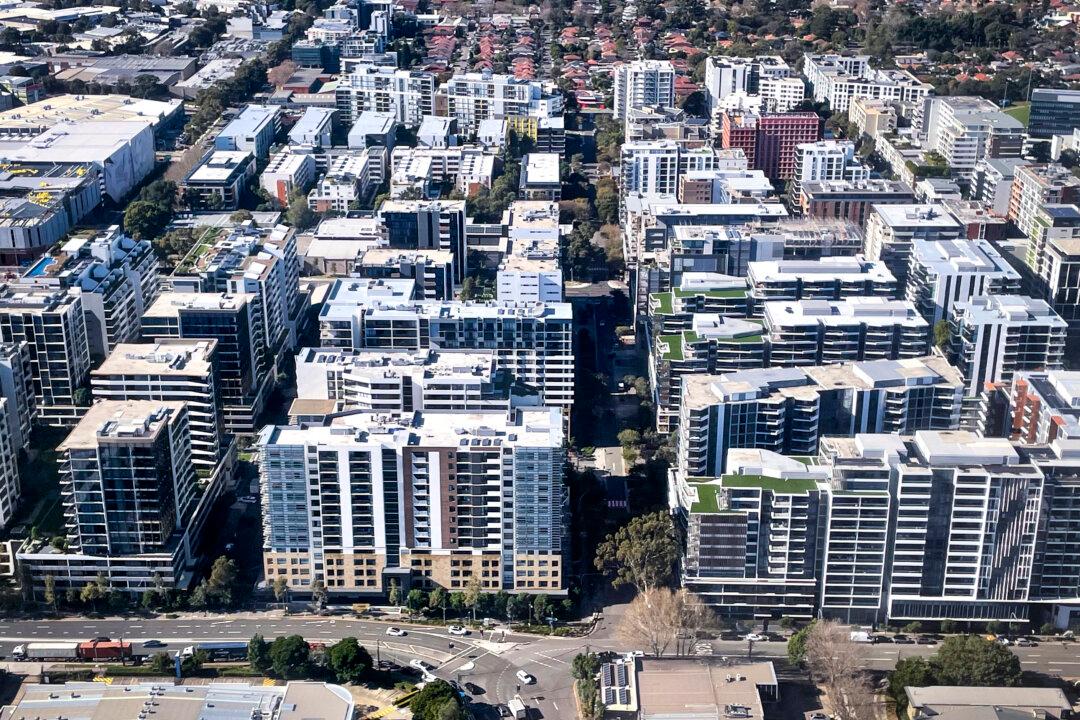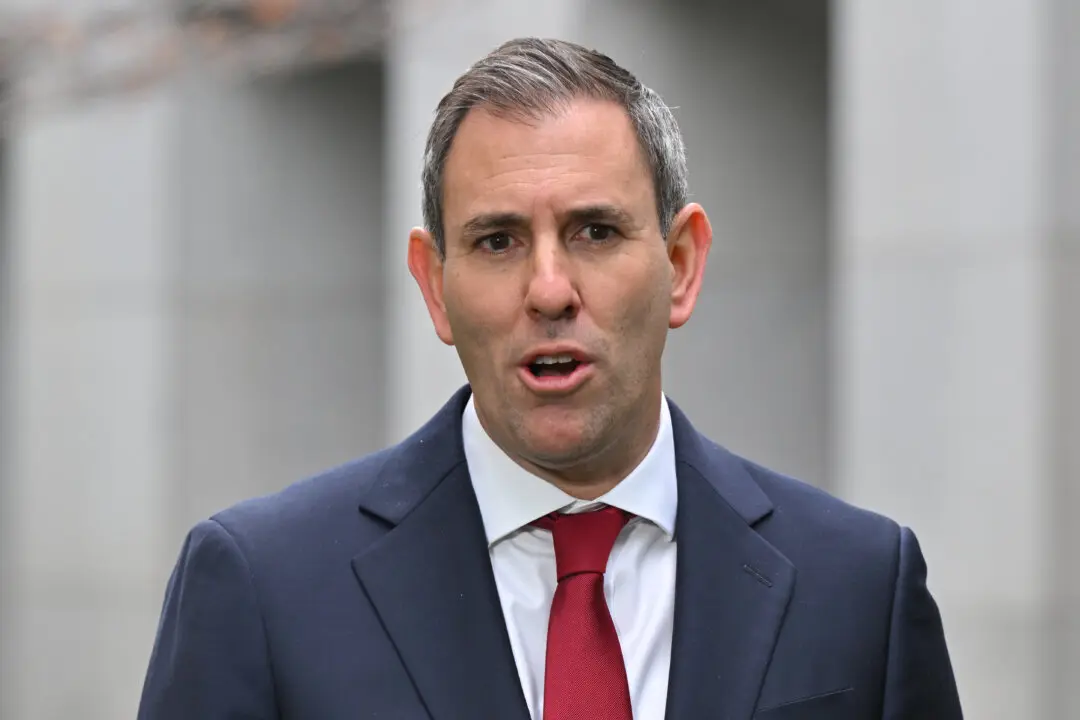Australia is expected to fall significantly short of its target to build 1.2 million new homes over the next five years unless drastic rezoning reforms are implemented, according to the Business Council of Australia (BCA).
In their newly released report, It’s Time to Say Yes to Housing, the BCA calls on state and territory governments to unlock more land for housing by overhauling restrictive zoning laws, particularly in areas of high demand.





